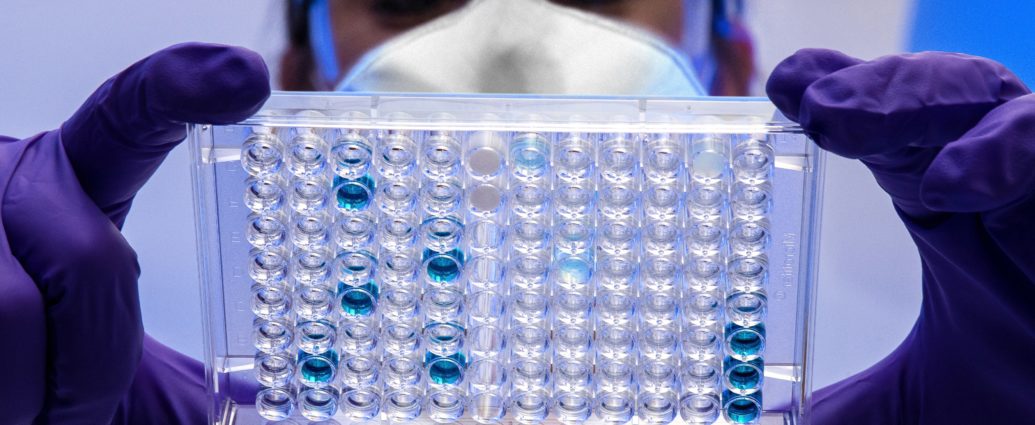Billi Allen-Mandeville
An estimated 57 cases of Monkeypox have been detected around the UK. Whilst most cases were found in England, Scotland announced the discovery of its first case yesterday.
Monkey Pox is caused by a viral infection belonging to the same strand as smallpox. However, it is far less infectious.
“Alongside reports of further cases being identified in other countries globally, we continue to identify additional cases in the UK”.
The first case was reported in the UK on the 7th May 2022 and found in a person who had travelled from Nigeria. Since then, there have been signs that the virus is spreading.
The Chief Medical Adviser at the UK Health Security Agency (UKHSA), Dr Susan Hopkins, stated: “Alongside reports of further cases being identified in other countries globally, we continue to identify additional cases in the UK”.
According to the NHS, it is extremely unlikely for individuals to catch monkeypox if they have not recently travelled to Western or Central Africa, or had close contact with someone else with Monkeypox. This is not an outbreak isolated to the UK.
Since 2017, Nigeria has faced a Monkeypox outbreak where there have been over 200 confirmed cases and 500 suspected cases. More recently, cases have also been detected across Europe, Israel, the US, Canada and Australia.
What is Monkeypox?
Monkeypox was first discovered in 1958 in research monkeys. The first human case was recorded in the DRC in 1970. Despite its namesake, the infection is spread by rodents including rats, mice and squirrels. This is otherwise known as a ‘Zoonotic disease’, passing from animals to humans.
The current recurrence of the disease has been caused by human to human transmission. Importantly, as it has been heavily studied, the virus is containable and treatable.
Professor of Molecular Virology, Jonathan Ball, argues that as cases are still limited “It is wrong to think that we are on the brink of a nationwide outbreak”.
Monkeypox Symptoms
If you are infected with monkeypox, the incubation period, or the time it takes for symptoms to appear, is usually between 5 and 21 days.
Symptoms occur in two stages. Initial symptoms can last up to 5 days and include a high temperature, head, muscle and backaches, swollen glands, shivering and exhaustion.
Secondly, rashes appear on the face as raised spots which turn into blisters or boils. It will then move to other parts of the body. The blisters will turn into scabs which will eventually fall off the skin.
#Monkeypox Anyone with unusual rashes or lesions on any part of their body should contact NHS 111 or call a sexual health service. With recent cases mainly reported in gay and bisexual men, those in this community should be particularly alert.
Get the latest updates ⏬— UK Health Security Agency (@UKHSA) May 23, 2022
What to do if you think you have Monkeypox
The NHS recommends that you should contact your GP or call 111 if you have a rash with blisters and have been in close contact with someone who has monkeypox symptoms or travelled to Western or Central Africa in the past 6 weeks.
As Monkeypox is infectious, it is also recommended that people with symptoms stay at home and self-isolate. The infection should clear within 14 to 21 days but this timeframe will vary from person to person.
A smallpox vaccine has been proven to be 85% effective in preventing cases of its counterpart. In response, the UK Government have purchased doses of the vaccine but has not yet declared a vaccination programme.
Image courtesy of CDC via Unsplash. Image licence found here. No changes were made to this image.

